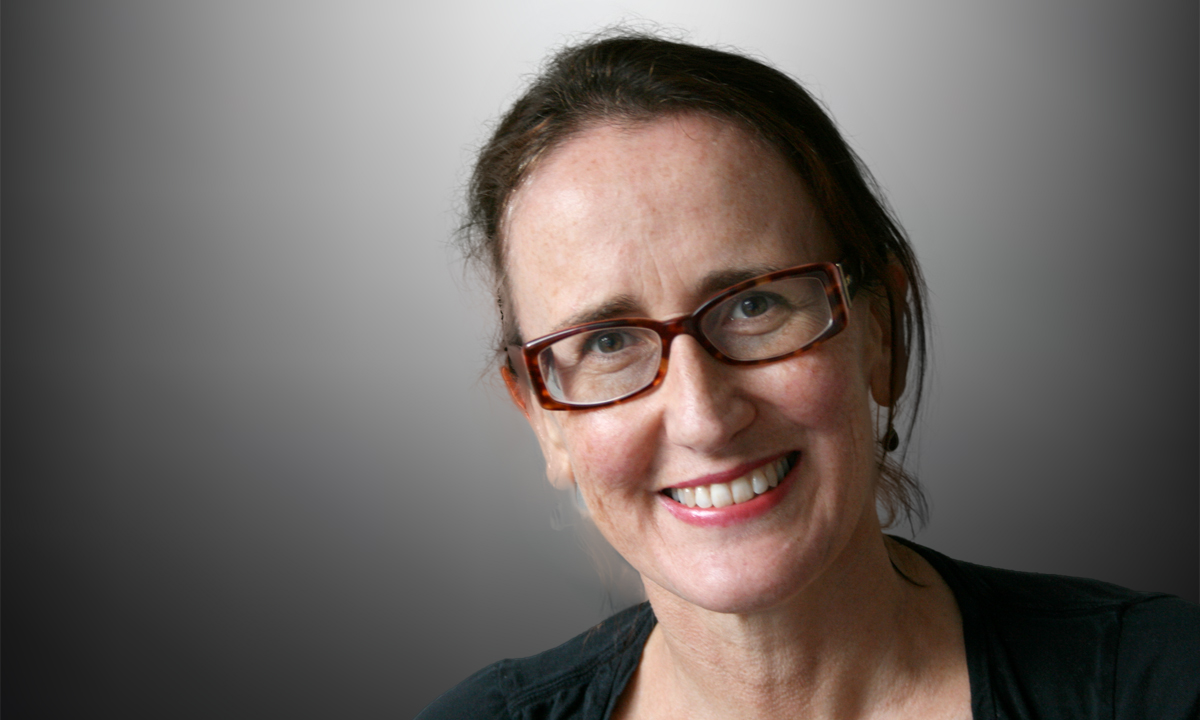IN THE middle years of the 20th century, Walter Freeman travelled around the United States in the vehicle he called his “lobotomobile” performing thousands of his trademark ice-pick lobotomies for a fee of just $25 a time.
The surgical procedures could, he claimed, reduce suffering in conditions ranging from cancer-related pain to anxiety disorders.
The lobotomies were conducted without anaesthesia. Freeman, a professor of neurology with no formal surgical training, instead used electroconvulsive therapy to induce a seizure in the patient.
Neurologist Dr Gary Cordingley describes what happened once the patient’s convulsions had settled:
“Lifting an upper eyelid, [Dr Freeman] inserted a long, metal pick between the eyeball and the eyelid until it reached the bony roof of the eye-socket. He pounded the pick through the bone into the braincase where it entered a frontal lobe of the brain. He repeated the insertion procedure on the opposite side. Then, using the outer ends of the picks as handles, he made sweeping movements which severed and destroyed the frontal lobes.”
Although Dr Freeman claimed that the procedure had rescued thousands of patients from “intolerable miseries both mental and physical,” he acknowledged that there was a downside.
The decision to operate should not be taken lightly, he wrote, as “relief is gained at the cost of sacrifice of some of the highest human powers”.
One of the intolerable miseries Dr Freeman sought to relieve with his ice pick was homosexuality, which was officially classified as a mental illness at the time.
“Homosexuality and other sexual deviations” were only removed from the psychiatrists’ bible, the Diagnostic and Statistical Manual of Mental Disorders, in 1973.
Over the decades preceding that removal, the psychiatric consensus was that people with persistent homosexual tendencies needed treatment – pretty much whatever it took.
Many of the interventions were bizarre. All were cruel, not least in their underlying assumption that the person concerned needed to be cured in the first place.
Viennese physiologist Eugen Steinach came up with a theory that homosexuality resided in the gonads rather than the brain.
After discovering so-called male cells in the ovaries of a homosexual goat (his classification, not mine), he claimed similar observations could be made in humans.
Several surgeons tried to prove the point by transplanting testicular tissue from heterosexual men into castrated homosexual men.
History does not record where they got the donor material from (if it was live donors, surely somebody was very unhappy), but, in any case, the transplants did not take.
A more long-lived approach was aversion therapy, practised in various forms into the 1970s and still used today by some fringe practitioners.
Patients – often teenagers or young people – would commonly be given electric shocks to the hand or genitals while being shown homoerotic material.
In a variation, they might be given nausea-inducing drugs to accompany the visual stimuli.
They would then be shown heterosexual pornography without the unpleasant accompaniments.
It’s hard to understand how anybody thought that would work (it didn’t), but the harms caused by such treatments continue to resonate for many survivors .
Last week, the Royal College of Psychiatrists in the UK issued a statement of regret for the harm caused by past attempts to treat homosexuality.
College president Wendy Burn said that no words could repair the damage done to somebody deemed mentally unwell simply for loving a person of the same sex.
“For those who were ‘treated’ using non-evidence-based procedures by mental health professionals up until as late as the 1970s, the trauma of such experience can never be erased,” Professor Burn wrote.
It’s about time we saw loving somebody of the same sex as simply one of the many variants of normal human behaviour.
As we enter the last weeks of the profoundly misconceived and wasteful endeavour known as the non-binding postal survey on marriage equality, let’s hope that we can take a step away from the cruelties of the past.
Jane McCredie is a health and science writer based in Sydney.
To find a doctor, or a job, to use GP Desktop and Doctors Health, book and track your CPD, and buy textbooks and guidelines, visit doctorportal.

 more_vert
more_vert
That’s not all physicians need to apologise for. To this day they support alcohol over cannabis. The prohibition of cannabis is the leading killer in this country, and goes unrecognised. We’ve the highest indigenous suicide rate in the world. The impact on roads, domestic violence, etc, not to mention the impact of organised crime and ice use. In my opinion any physician who supports prohibition, and the only option of alcohol, cannot call themselves physicians. They are killers!
To Jane McCredie’s last two sentences and to other freedom of choice medical cruelties, I say, Amen.